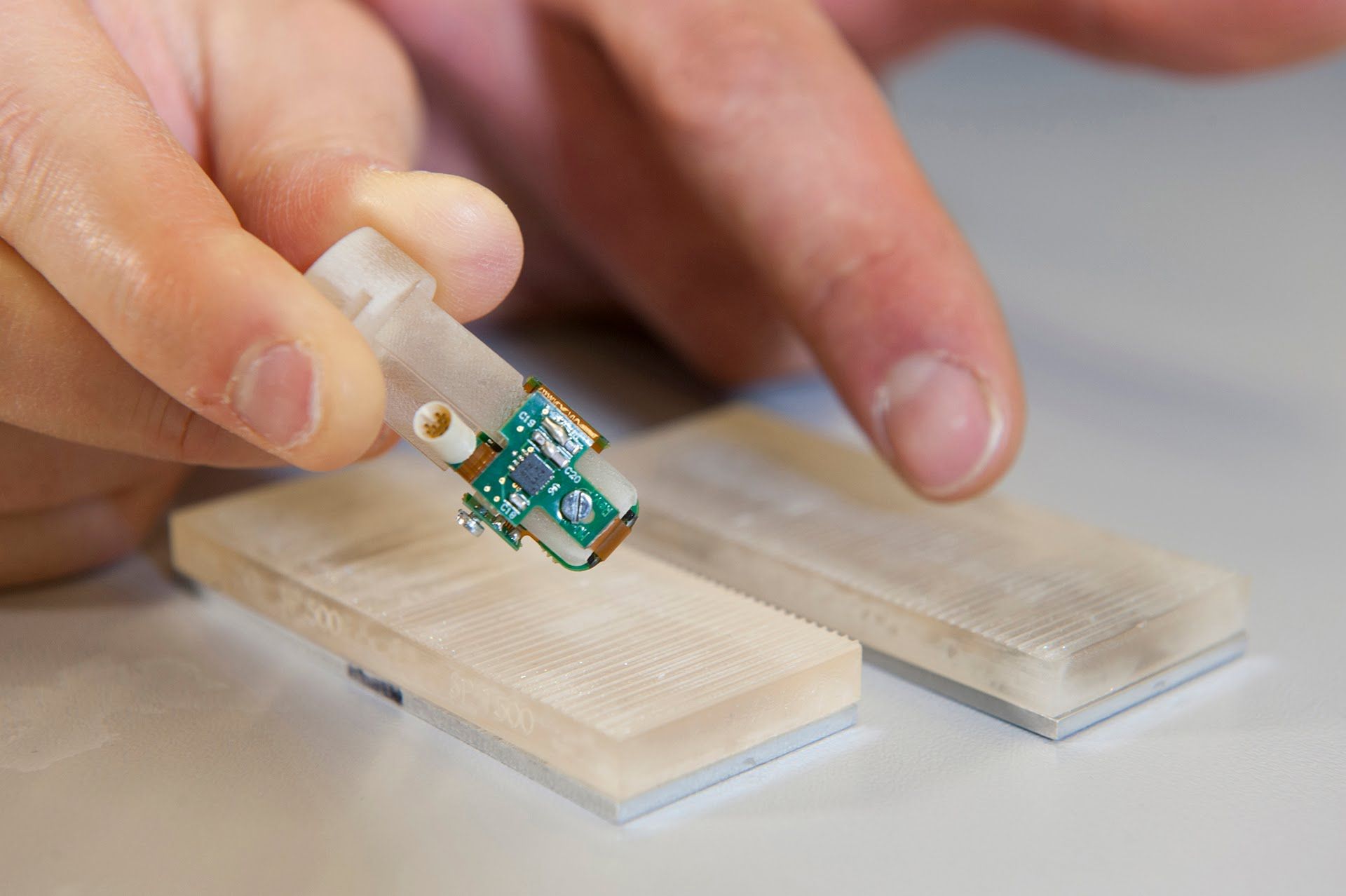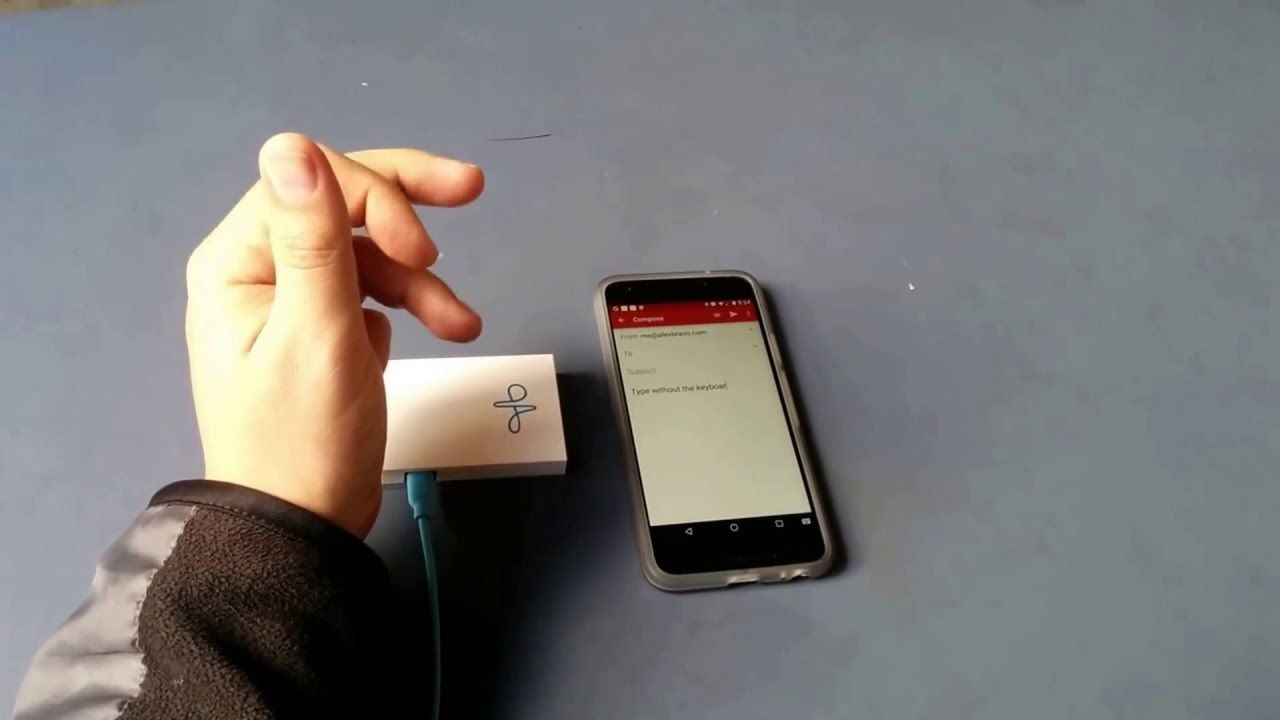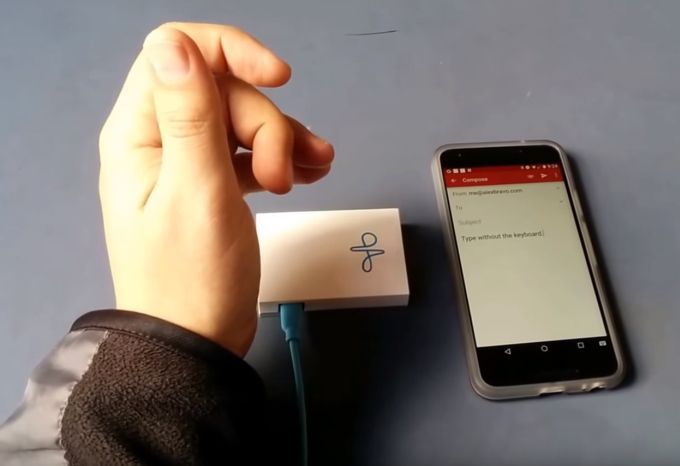Cool beans.
Using a bionic fingertip, an amputee for the first time has been able to feel rough and smooth textures in real-time, as though the fingertip were naturally connected to his hand.
After Luke Skywalker got his hand cut off during a duel with Darth Vader in “Star Wars,” the young Jedi received an artificial hand that helped him both grip and feel again. Scientists worldwide are seeking to make this vision from science fiction a reality with prosthetic limbs that are wired directly into the nervous systems of their recipients.
Researchers experimented with amputee Dennis Aabo Sørensen from Denmark, who damaged his left hand more than a decade ago while playing with fireworks. Doctors immediately amputated the appendage after Sørensen was brought to a hospital. [Bionic Humans: Top 10 Technologies].










